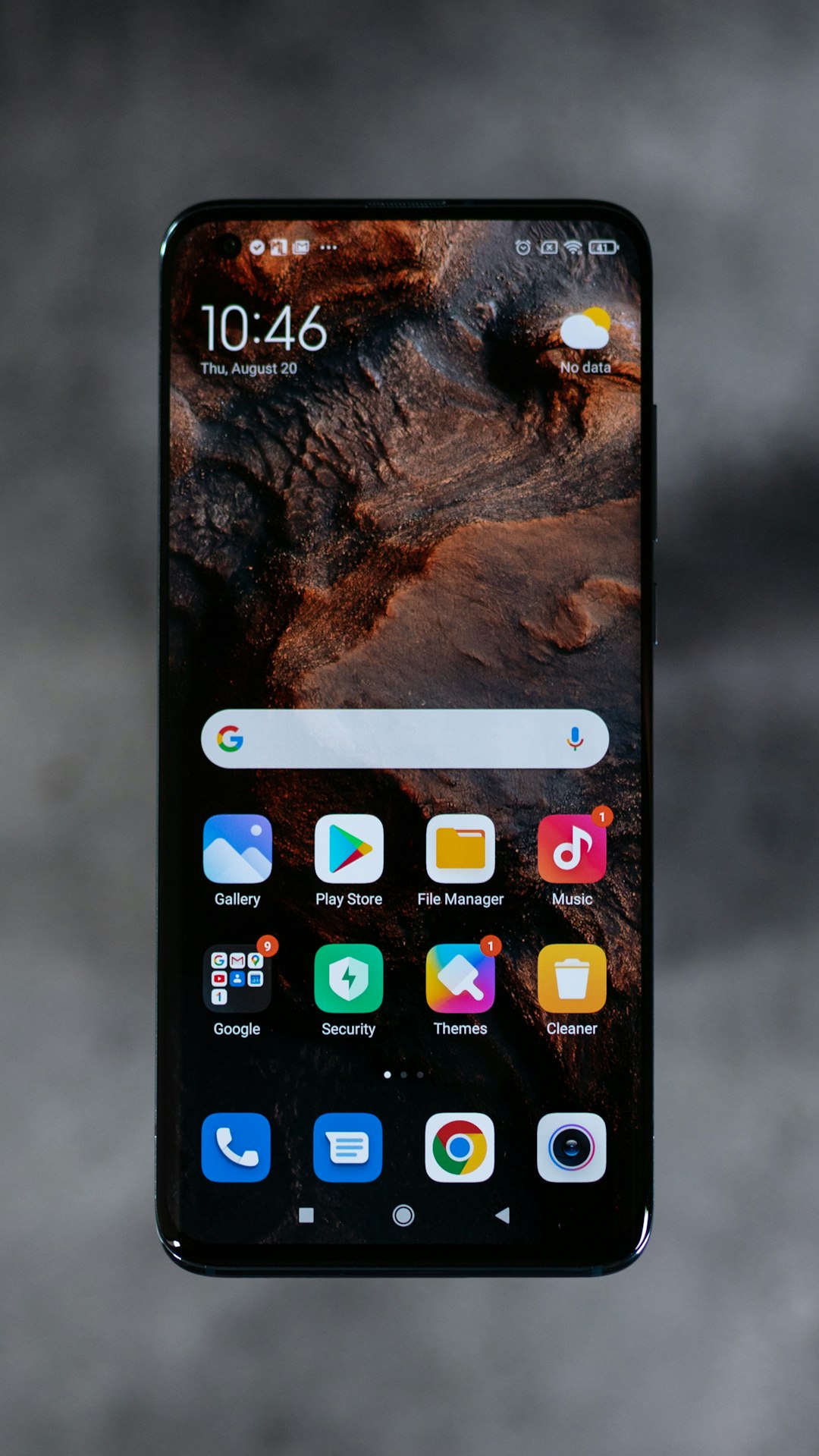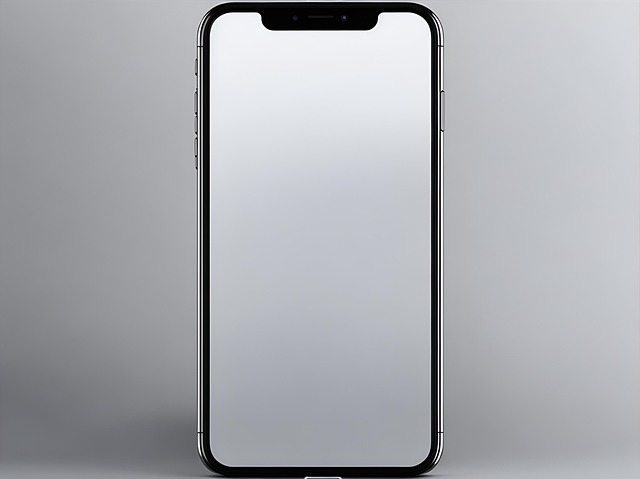Robocalls and spam calls have plagued Rivesville, West Virginia, residents and businesses, prompting the state to implement a Spam Call law for protection. This law grants residents the right to register on the Do Not Call list and restricts business outreach. For businesses, adhering to these regulations is crucial to avoid penalties and maintain customer satisfaction by obtaining explicit consent, honoring do-not-call requests, and providing easy opt-out options. A Spam Call law firm West Virginia ensures compliance, enabling companies to market effectively while prioritizing consumer preferences and security.
In today’s digital age, riverside residents and businesses alike are increasingly plagued by robocalls, a modern-day nuisance with significant hidden costs. This article delves into the impact of automated telephone marketing on West Virginia’s consumers and enterprises, exploring both legal protections under the state’s Spam Call laws and best practices to combat these incessant calls. By understanding these implications, individuals and businesses can better navigate the landscape of robocalls and protect their rights. Connect with a local Spam Call law firm in West Virginia for guidance on defending against these unwanted intrusions.
Understanding Robocalls and Spam Call Laws in West Virginia

Robocalls and spam calls have become a ubiquitous issue for consumers and businesses alike in Rivesville and across West Virginia. These automated phone messages, often promoting products or services, can be intrusive and frustrating. To combat this, West Virginia has implemented a Spam Call law designed to protect residents from unsolicited telephone solicitations. The law gives consumers the right to register their phone numbers on the Do Not Call list and places restrictions on when and how businesses can contact them.
For businesses, understanding and adhering to these Spam Call law firm West Virginia regulations is crucial to avoid penalties and maintain customer relationships. Compliance involves obtaining explicit consent for marketing calls, honoring do-not-call requests, and providing a clear and easy way for recipients to opt out of future communications. By following these guidelines, businesses can ensure their marketing efforts are effective without becoming a nuisance to their target audience.
The Impact on Consumers: Unwanted Calls and Their Consequences

In today’s digital age, riverside consumers often face an unwanted and persistent issue—robocalls. These automated phone calls, while legal for certain marketing purposes, have evolved into a nuisance and a potential risk to personal privacy. Many West Virginia residents find themselves on the receiving end of countless spam calls daily, leading to significant frustration.
The consequences of these robocalls extend beyond mere annoyance. They can disrupt individuals’ lives, waste their time, and even expose them to security risks. Some calls may promote scams or phishing attempts, tricking recipients into revealing sensitive information. With the Spam Call law firm in West Virginia, consumers have a powerful ally in fighting back against these intrusive practices, ensuring their rights are protected in this modern communication landscape.
Businesses Under Fire: Legal Ramifications and Best Practices to Combat Robocalls

In recent years, the surge in robocalls has placed significant pressure on businesses, particularly those in West Virginia, as they grapple with mounting legal ramifications and consumer backlash. The Spam Call law firm in West Virginia has seen an increase in cases involving automated telemarketing calls, which often violate consumer privacy and protection laws. Businesses found guilty of such practices can face hefty fines and damage to their reputation.
To combat robocalls effectively, businesses must adopt best practices that prioritize consumer consent and data security. This includes obtaining explicit opt-in permissions from customers before making automated calls, providing clear and concise opt-out options, and implementing robust data protection measures to prevent unauthorized use of customer information. Proactive compliance with Spam Call laws in West Virginia is not just a legal requirement but also a strategic move to foster trust and loyalty among consumers.






